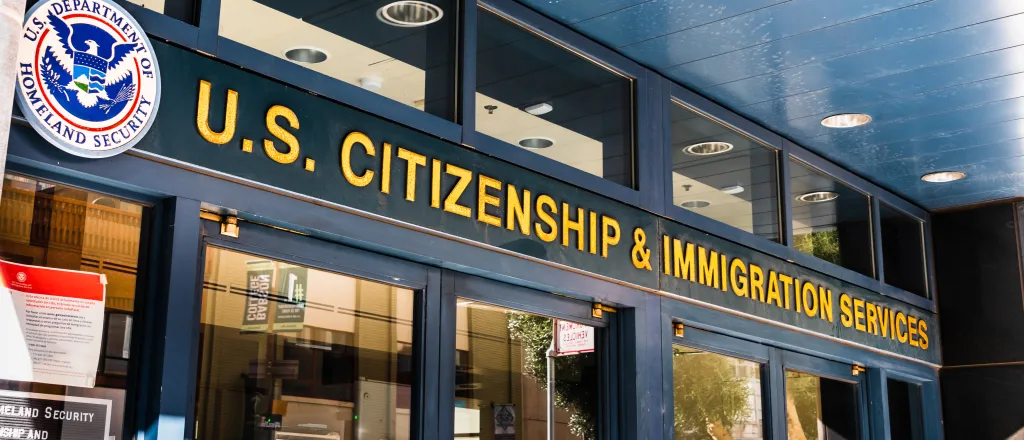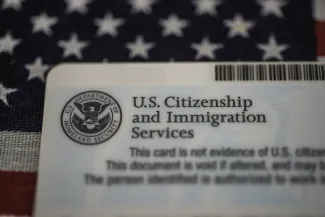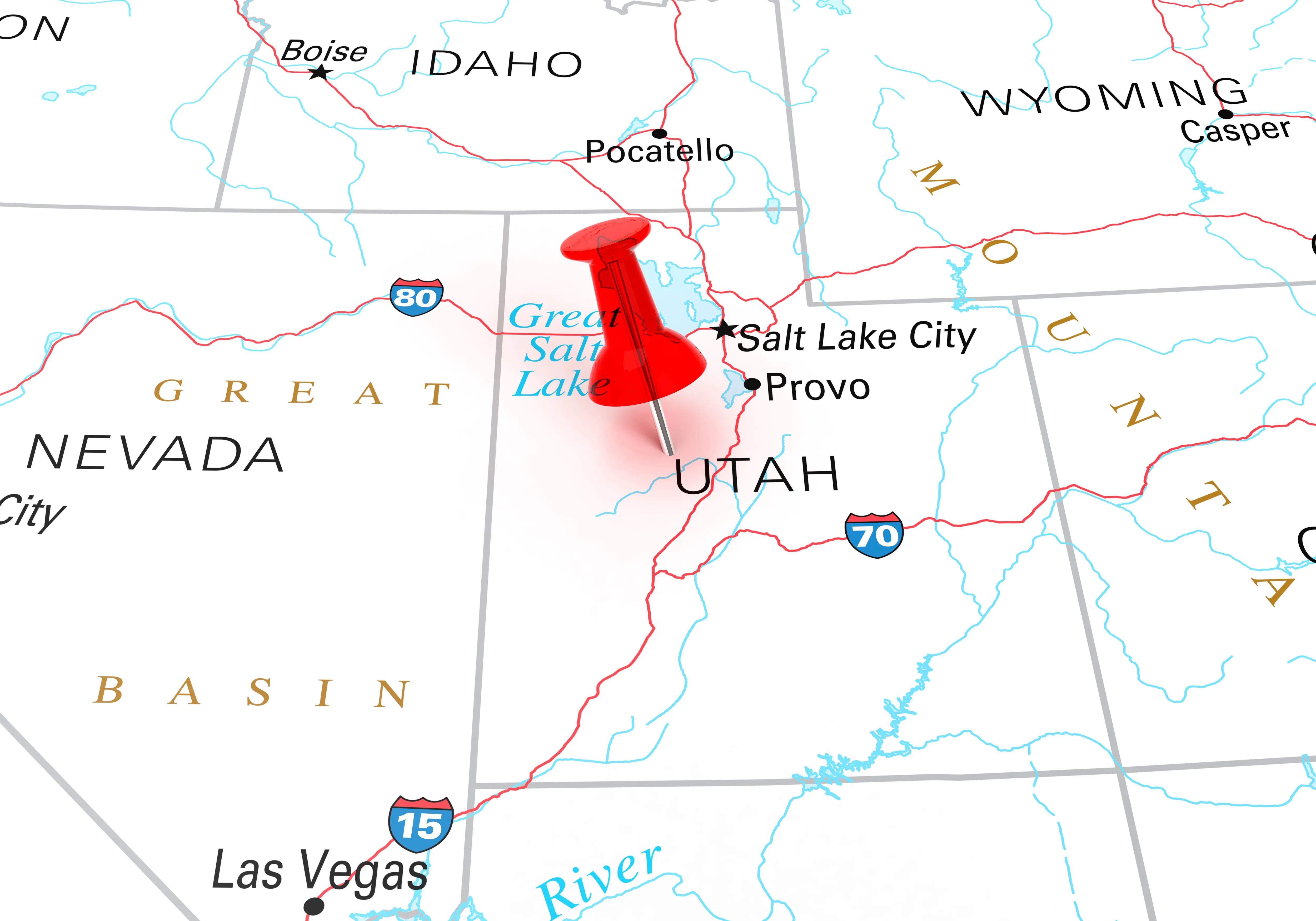
Majority of voters oppose mass deportation of immigrants
© Sundry Photography - iStock-1189510256
Click play to listen to this article.
(Colorado News Connection) A strong majority of voters across party lines want lawmakers to create a path to citizenship for America's 11 million undocumented immigrants, not mass deportation, according to a new survey.
Jennifer Piper - West Region program director for the American Friends Service Committee - cited a series of so-called "show your papers" laws passed in Colorado between 2006 to 2013, which led to some of the highest deportation numbers in the nation.

"Here in Colorado, we already know what the policies of mass deportation look like intimately," said Piper. "And what we found is our businesses suffered, our schools suffered, our kids suffered."
Voters surveyed said allowing law-abiding undocumented residents living in the United States for years, paying their taxes, to apply for citizenship is a better way forward than a deportation program that would tap local law enforcement, the National Guard and possibly the military, at a cost of over $100 billion.
To counter a barrage of anti-immigrant messaging and disinformation that has become part of mainstream conversations, the AFSC has launched a billboard and radio ad campaign in Colorado and five other states aiming to welcome all people to the U.S.
"We really wanted to share a message that would remind us that Colorado is stronger," said Piper, "because we value every single person's hard work and contribution."
Each year, immigrants add $54 billion to Colorado's economy, and Piper said people deserve the same rights as commercial goods and capital to move safely across borders.
She pointed to the Registry Act as one solution, which has been gaining co-sponsors in both the U.S. House and Senate.
"Which would allow people who are undocumented - who are our neighbors, who have been here a long time," said Piper, "to come forward and get on a path to citizenship. It just requires the changing of one date in existing immigration law."
Support for this reporting was provided by the Carnegie Corporation of New York.
















